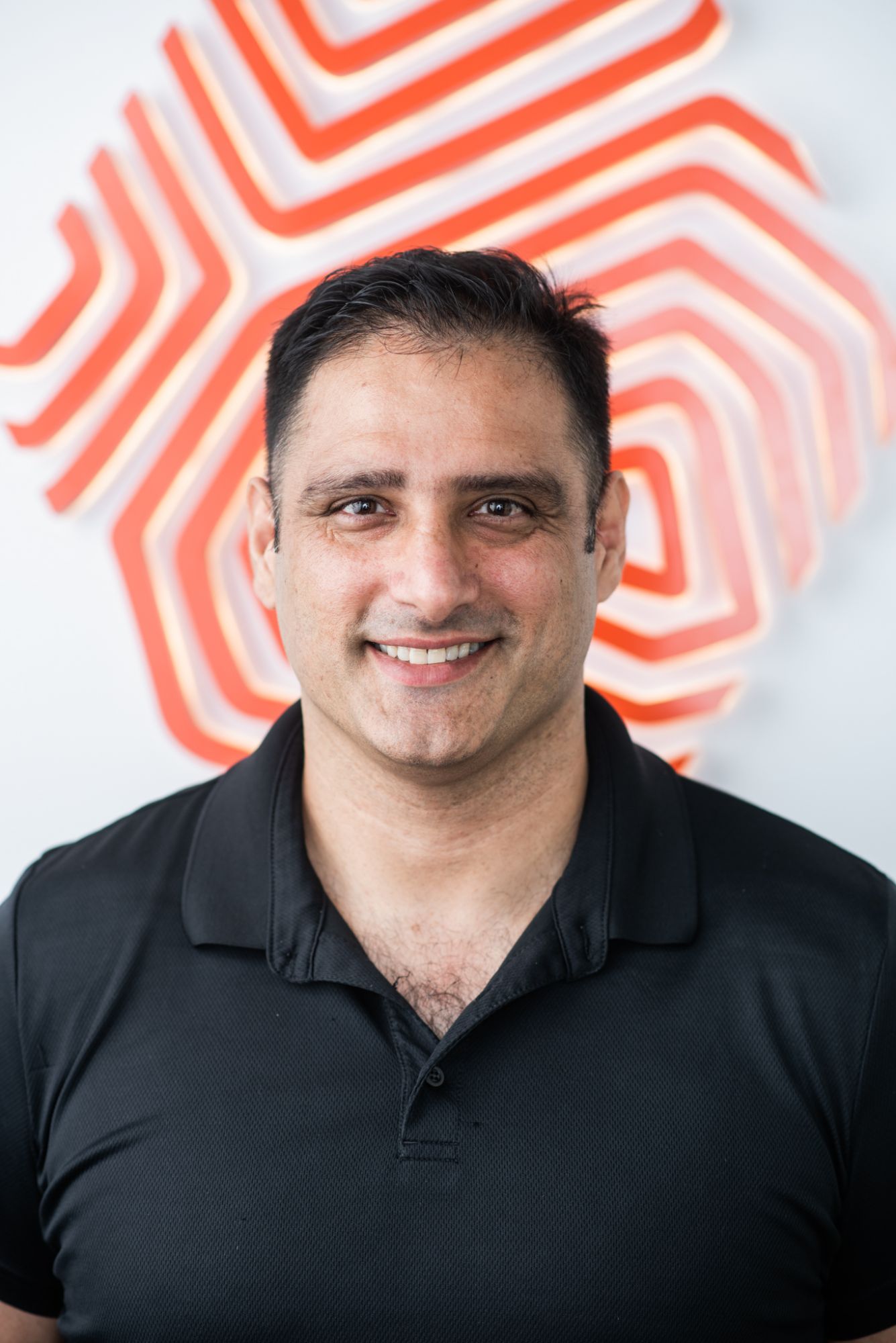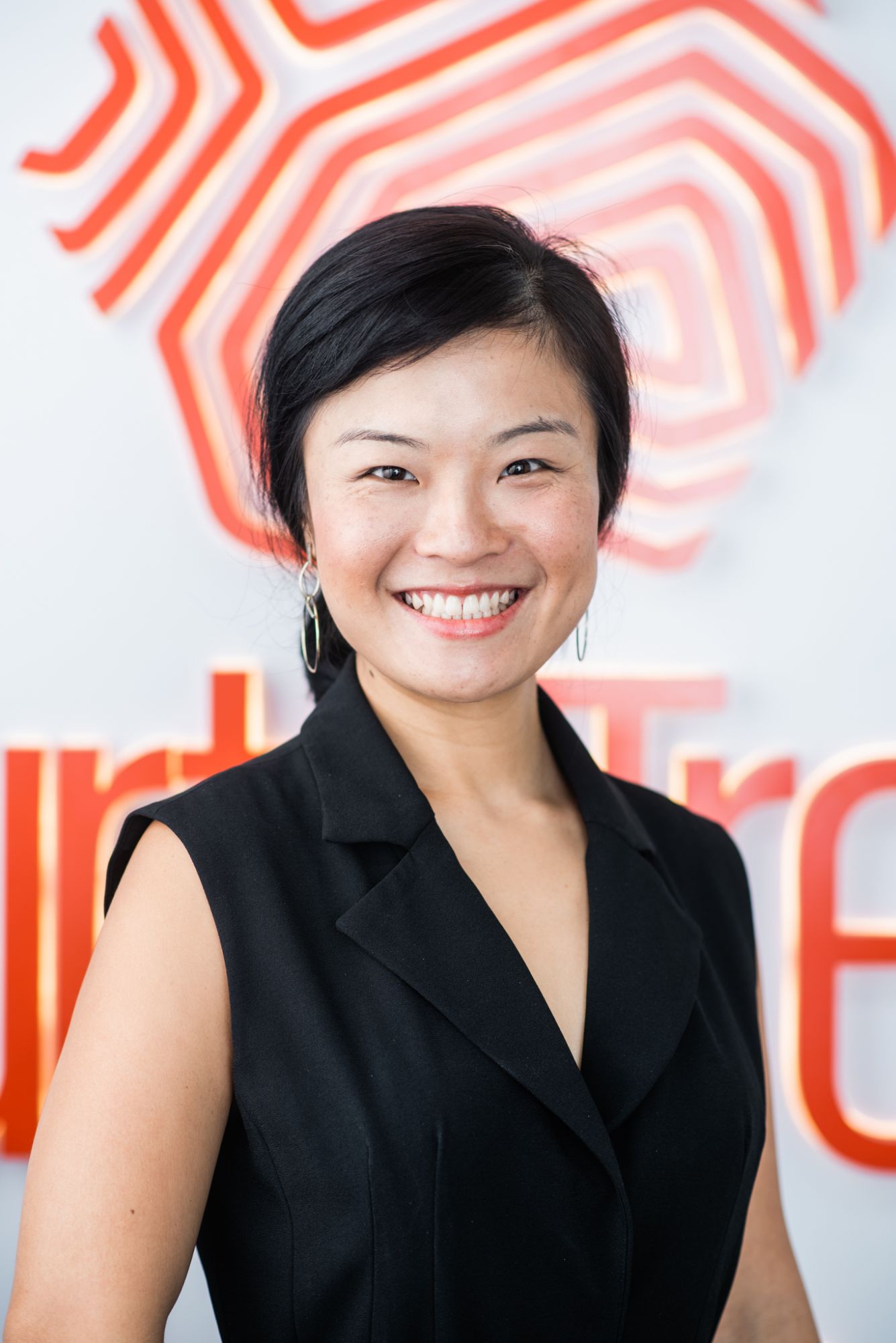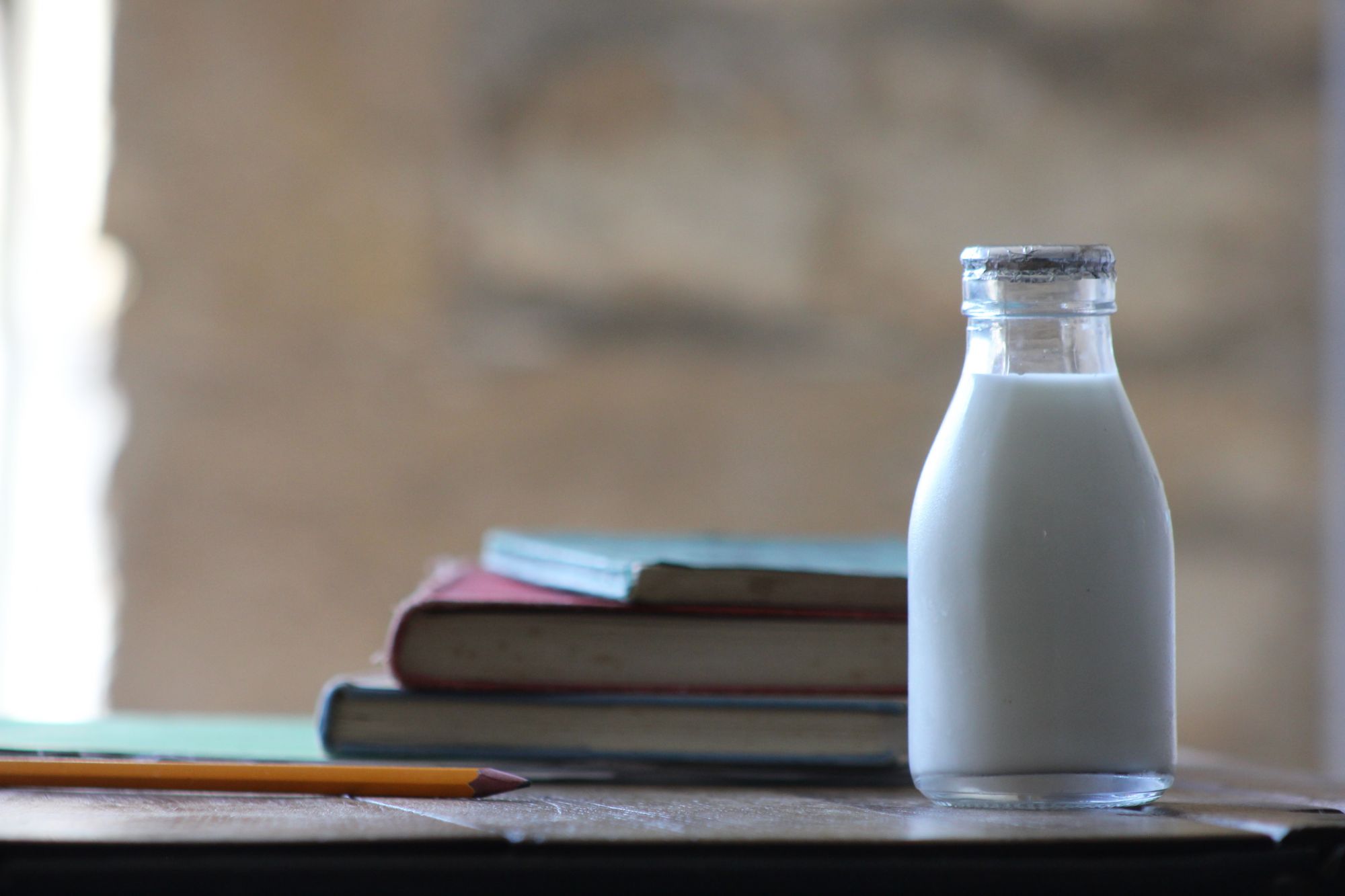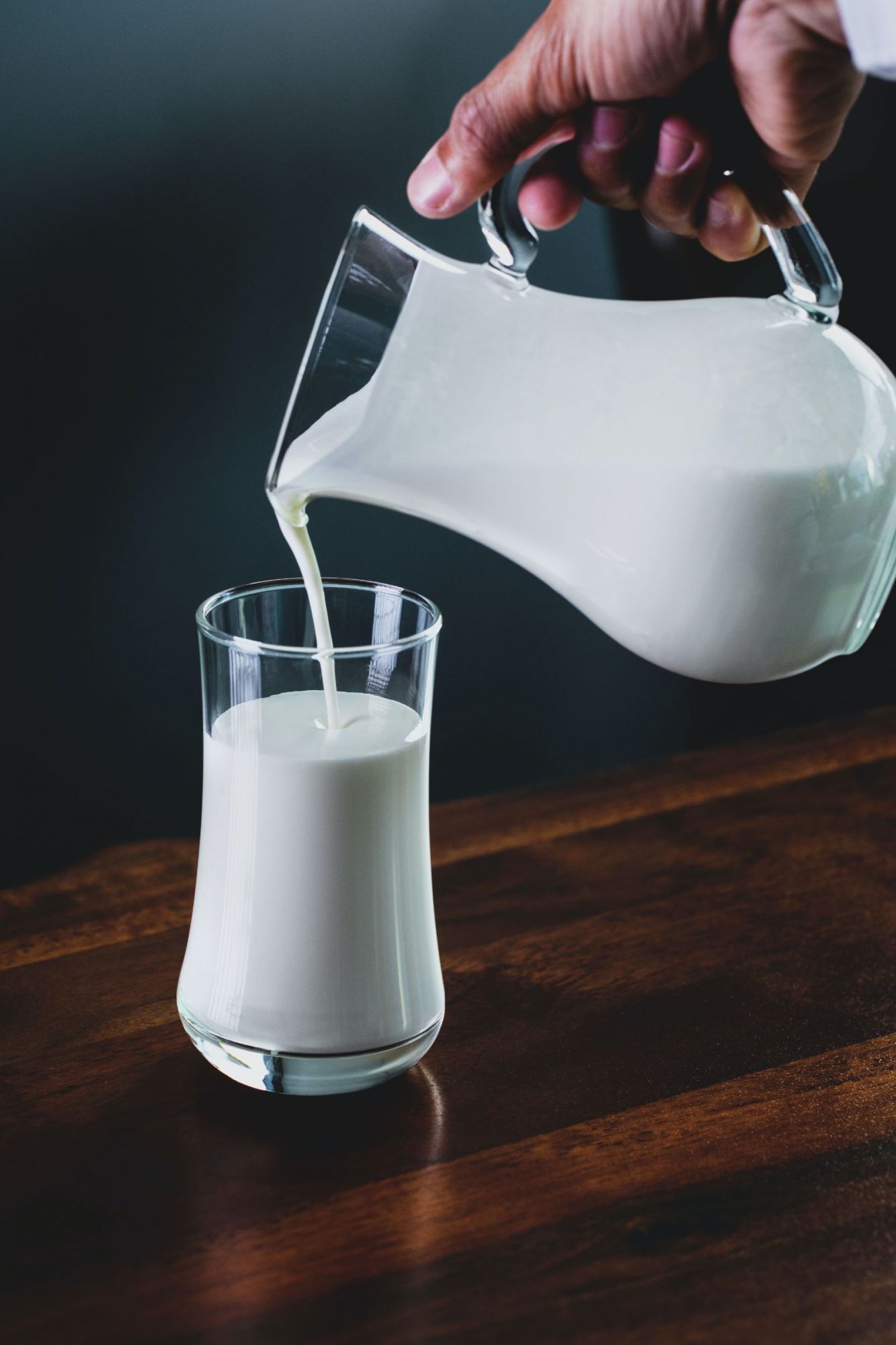At a time when food safety and security are more crucial than ever, Singapore-based food tech companies are reinventing the menu by offering sustainable solutions to how food is being produced and novel ways to enjoy a bite. In the last edition of this four-part series, we speak to TurtleTree Labs' Fengru Lin and Max Rye on the positive impact of cell-based milk production
The alternative protein industry, which includes cell-based and plant-based companies, has been mushrooming over the last few years spurring a movement to change the way we eat. The products may be different but their collective goal is to repair our broken food systems and achieve a more sustainable future by reducing global meat consumption and replacing them with other protein-rich solutions.
Food security is a precarious issue especially in Singapore where arable land is scarce and produce is generally imported. However, the government is strategically focusing on producing 30 per cent of the population’s nutritional needs by 2030 through an innovative route. With scores of industry experts, like-minded investors, and an open-minded dining scene, Singapore offers a promising ecosystem for the following food tech companies to thrive and launch their global crusade to change how food is made, distributed and consumed right here on our shores.
(Related: Why Accelerator Firm Big Idea Ventures is Backing Alternative Protein Tech Companies)


Fengru Lin’s search for high-quality milk to satisfy her cheese-making passion revealed to her the ugly realities of cattle farming. After years in the tech world, including cloud computing service Salesforce, and most recently Google, the Singaporean, together with American technopreneur Max Rye, decided to focus their energies on exploring cell-based technology for food production.
In 2019, the duo founded TurtleTree Labs, the world’s first company that uses a cell-based method to create milk and milk components for dairy milk and infant nutrition production. They subsequently filed their patents and scaled the Singapore- and San Francisco-based biotech startup. Currently, they have 22 full-time scientists and engineers working across six different teams.
TurtleTree realises the urgency to embrace alternative proteins these days. “The threat of climate change and the ongoing pandemic have exacerbated the issue of food security. The world is looking for different sources of food production and alternative proteins is one of the answers. We need to work closely with consumers to understand their sensitivities while educating them on the technologies behind these innovations,” says Lin.
One of the benefits of cell-based milk is that production is less resource consumptive than conventional dairy farming methods. Lin explains, “Cellular agriculture protein creates 78 per cent to 96 per cent greenhouse gas emissions, [and uses] 82 per cent to 96 per cent less water and 99 per cent less land compared to its traditional counterparts. In addition, cellular technology has enabled access to bioactive components, including proteins and complex sugars, found in human milk that have previously been inaccessible.”
Some of these proteins in human milk have been proven to help with immunity, gut health and brain development. She elaborates, “Theoretically, we should be able to over-express and under-express certain genes to remove or increase the concentration of certain components in milk including lactose.”

